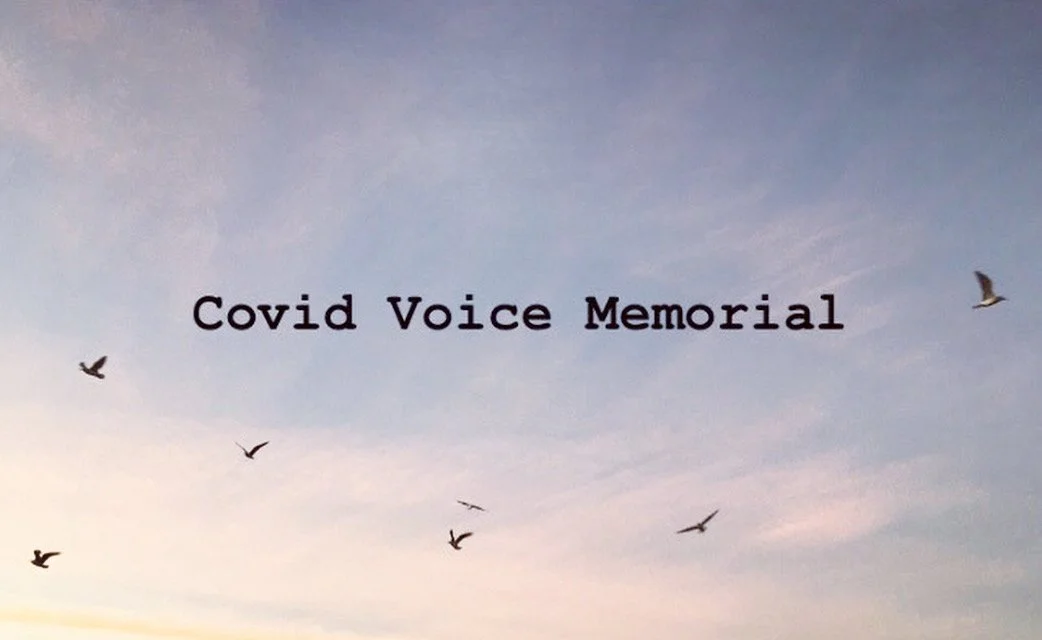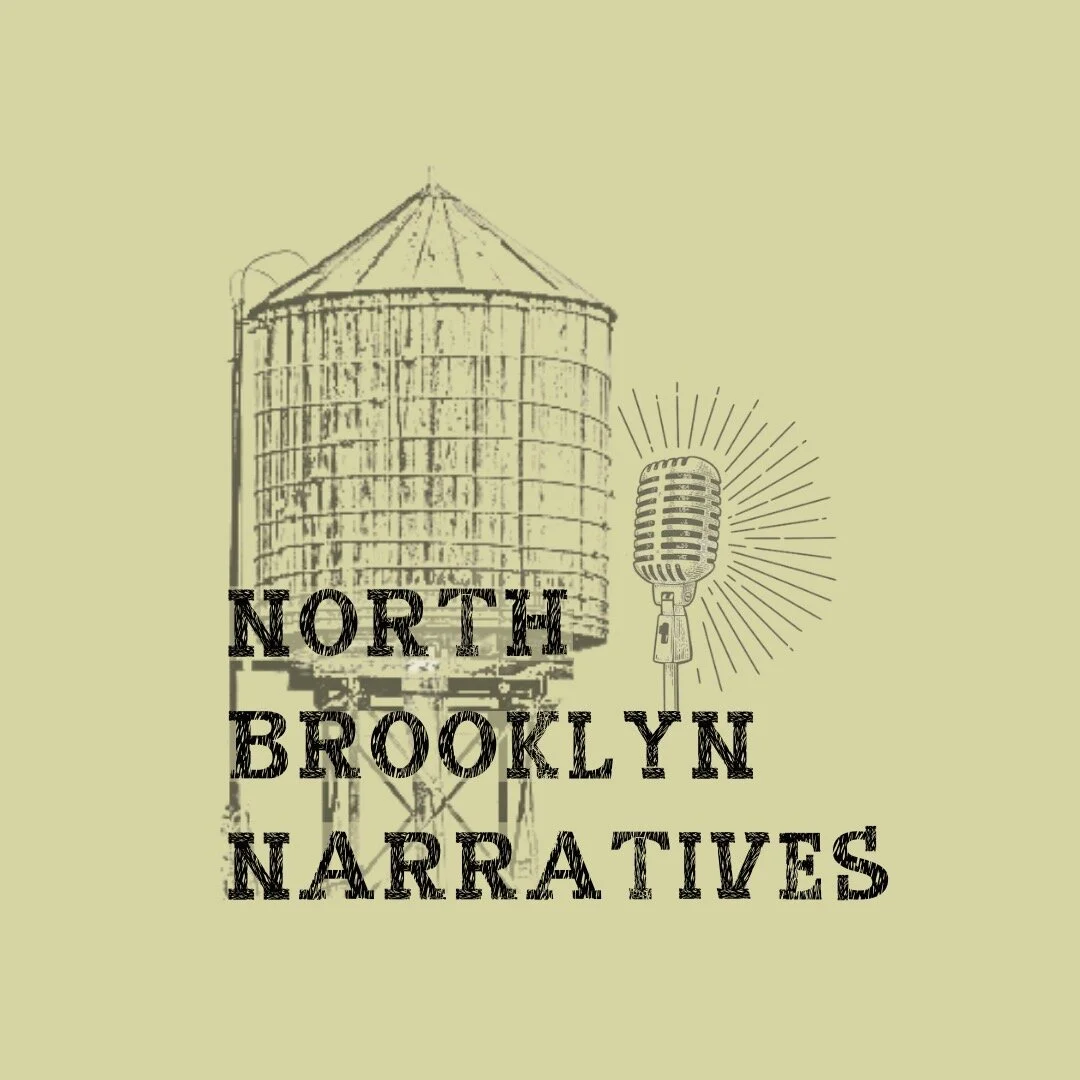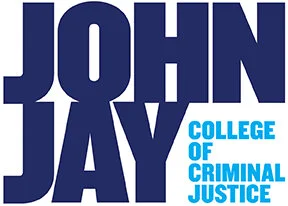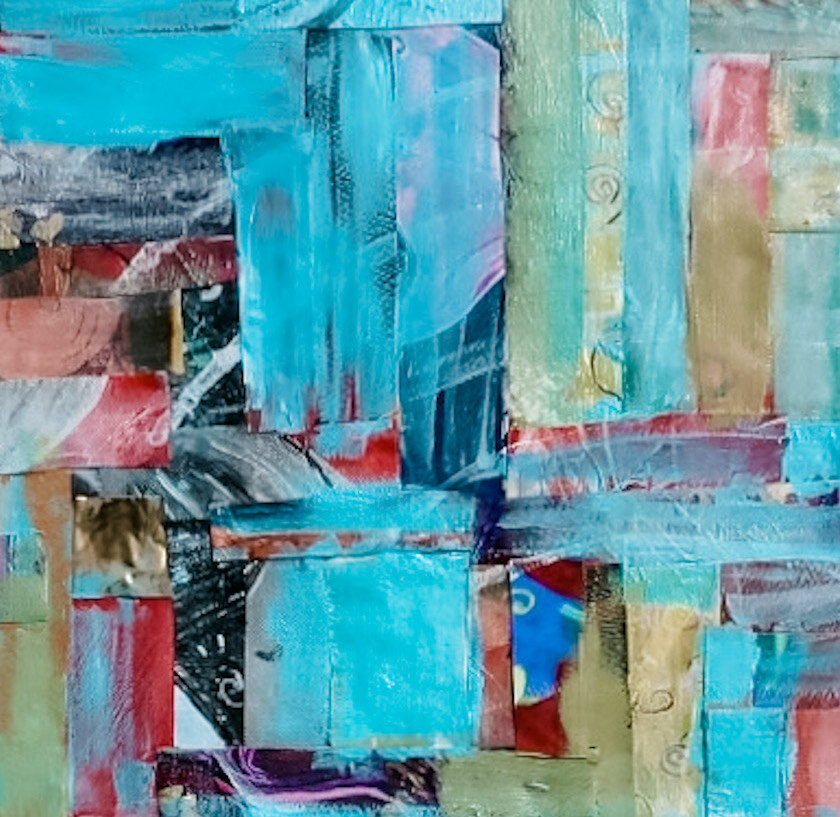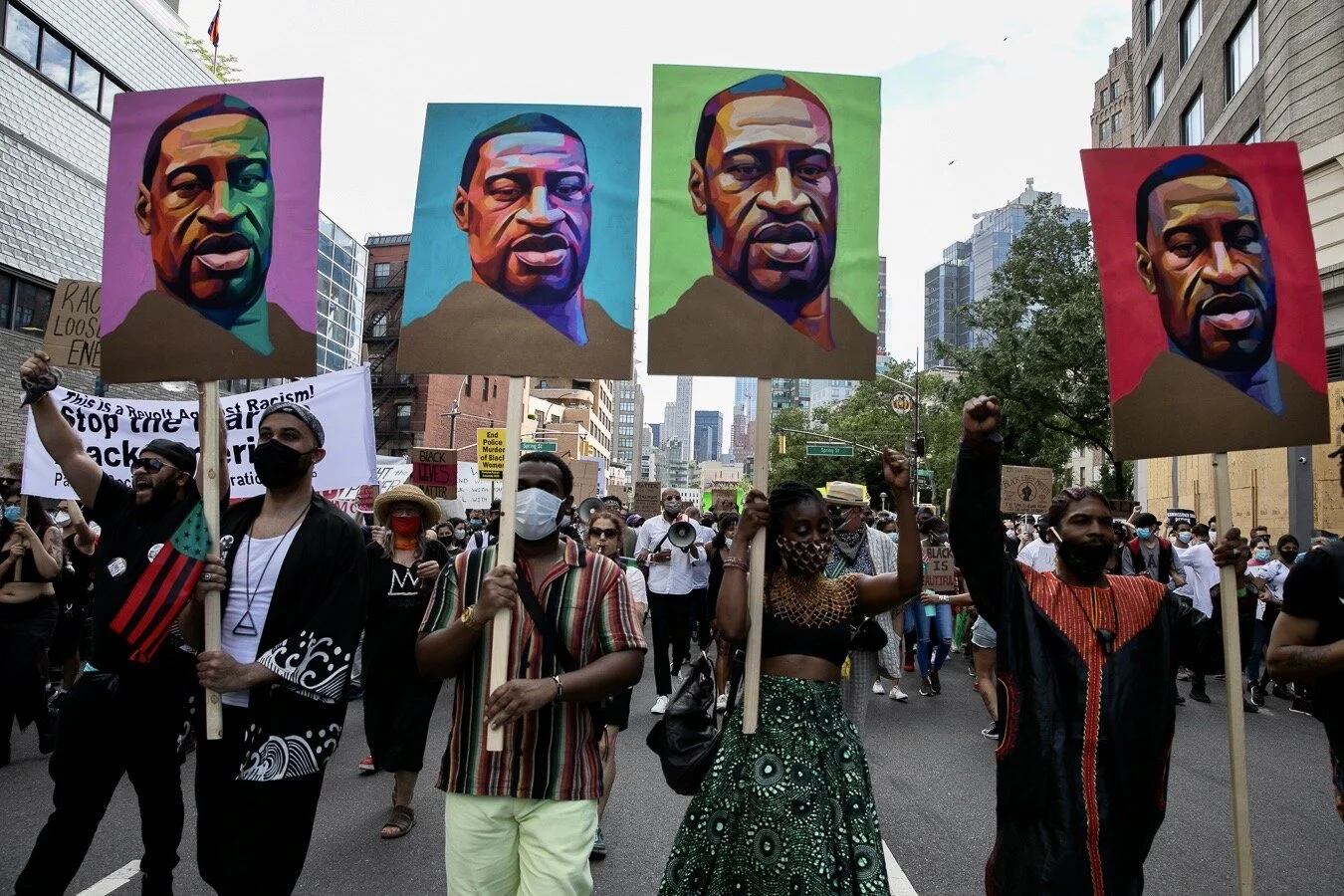COVID-NYC Blog Page
To document the cascade of public health, social, and financial crises set in motion by COVID-19, the Archives of American Art, which is headquartered in Washington, DC and has a research center in New York City, created an oral history series that recorded responses to the global pandemic across the American art world.
Read MoreNaming the Lost Memorials is collective of artists, activists, and folklorists who have been making public awareness memorials in New York City since May 2020. “There has been no national day of mourning set aside for the Covid dead,” says folklorist Kay Turner. “So many people died alone, and burials and rituals have been deferred. While heads of state do not perform their solemn duties to comfort the afflicted and mourn the dead, the rest of us rise to confront this tragedy.”
Read MoreWe publish a broad range of text, video, audio and photo stories, primarily focused on people--top state and federal officials, healthcare workers, food deliverers, the young and old, the healthy and vulnerable, the helpers and those who needed help. Everybody, in a word.
Read MoreThis project is dedicated to Bronx Community College and its borough of New York City. Specifically, we are focused on our college’s experience of the pandemic. Students and staff are prompted for submission and their work is given priority for curation.
Read MoreDocumentation, poetry, international stories, and historical analysis of the COVID-19 pandemic from March to August 2020, with an emphasis on Asian Americans and global Asians.
Read MoreNorth Brooklyn Narratives, a volunteer-led oral history initiative, collects and preserves accounts of life in Greenpoint & Williamsburg in 2020 (or “the plague year,” loosely defined, continuing into 2021.) Narratives cover topics including the impact of the Covid-19 pandemic, the Black Lives Matter Uprising, community organizing, small business ownership and other experiences of this extraordinary historical moment.
Read MoreThe project conducts recorded virtual interviews, and collects digital artifacts documenting the experiences of Asian/Pacific American individuals and communities during the pandemic. While we cast a wide net and work to include stories from Asian/Pacific American communities that often remain unrecorded, by virtue of our institutional location we also have a particular interest in New York City and the university communities in which we are embedded.
Read MoreOur project analyzed the impact COVID-19 had on the lives of CUNY students and their communities. As a Hispanic-Serving Institution and Minority-Serving Institution with a diverse student body from throughout the N.Y.C. region, John Jay provides a unique and vital perspective into how the changes caused by the pandemic affected minority and immigrant communities, students from working class backgrounds, and first-generation college students.
Read More“We document the lived experiences of people who live, work, and study in the Bronx and New York City during this pandemic.…At a time when there is growing outrage about the disproportionate impact of COVID-19 on Black people, poor people, and immigrants, recording the voices of Bronx residents--the vast majority of whom fall into at least one of those categories--represents an act of resistance as well as an affirmation of our collective conscience.”
Read MoreThe Museum of the City of New York collects artifacts and photographs that speak to the pandemic and racial justice movement to tell the story of this incredibly challenging time to future generations. A social media campaign and an open call have brought in artifacts and photographs from all five boroughs. Collecting began with the start of the pandemic and is ongoing.
Read MoreCOVID POC collects audio diaries, music, and portraits. “Rather than using statistics to tell the stories of people of color in quarantine, Covid Diaries empower the speaker and the listener. This oral history project highlights the resilience of our communities and the power of voice. I produced the soundscapes to immerse the audience, generate relatability, and build bonds.” -Nadia DeLane
Cityscape Blue by Nadia DeLane, acrylic and paper 2018
Read MoreThe Brooklyn College digital archive documents the stories and experiencers of Brooklyn College students, faculty, staff, alumni and community members related to Covid-19.
“…while I have never seen my city mourn like this, I have never seen it come together like this either. Every night at 7 pm, Maryann, two houses down from mine, stands in her driveway and plays “God Bless America” on a speaker for all the neighbors to hear.”
Shore Parkway, Brooklyn: Photo by Marisa Albano.
Read MoreThe collection documents the experiences of COVID-19 in the African diaspora, both broadly and in New York City with a focus on Harlem. Our collection illuminates racial disparities in health outcomes and access, the impact of the pandemic on Black-owned businesses, and cultural production. The collection also documents the community impact of COVID-19 on New York City through state and local news and government responses to the pandemic.
Read MoreAmid one of the most historically significant but fracturing moments in most of our lifetimes, we collect stories of underrepresented people and groups related to COVID-19. To counter polarized narratives that dominate news cycles, we have solicited the stories of as many people as possible to capture a variety of experiences and build an archive that tells a collective narrative of tragedy, grief, and resilience. We collect audio files and associated metadata.
Read MoreQueens Memory has been collecting materials – primarily oral history interviews and photos – pertaining to life in Queens for the past 10 years. When Queens became the epicenter of the pandemic in New York City, we switched gears to document this unique moment in history. All our content is born digital or digitized, and our collection runs the gamut from oral history interviews and still photographs to written testimonies, poetry and other creative writing, wild sound and video clips, original artwork, musical performances and more. Our project is focused on Queens and all who live, work, worship, attend school or are in some other way connected to the borough.
Read MoreI am a photojournalist and documentary photographer, and when the city went into lockdown during the early days of the pandemic, I felt compelled to see what the city looked like and what people were doing outside of their homes. At the end of May, when the Black Lives Matter protests erupted in response to the killing of George Floyd, I felt compelled to photograph the protestsI spent much of the summer covering the countless protests and continued following them throughout the fall. In addition to extensively covering the protests, I photographed the frequent marches and celebrations surrounding the Presidential Election.
Juneteenth march, June 19, 2020, with signs bearing the image of George Floyd. Photo by Erica Lansner.
Read MoreThe New York Historical Society’s collecting around the COVID-19 pandemic and the Black Lives Matter movement are extensions of History Responds, an initiative begun after September 11, 2001 to document recent or current events. In 2020, we collected photographs, artifacts, written reminiscences, artwork, and ephemera intended for public distribution in all formats, from as many different perspectives as possible.
Nurse Cat Carnes at the height of the pandemic in New York City. Photo by Kay Hickman.
Read MoreCity Lore documents, preserves and presents the living cultural heritage of New York City and the United States; we collect creative responses to the pandemic as an extension of our mission. We’ve created a group poem--“It Takes a Pandemic”—and chronicled poetry, images, memorials, song parodies, youth responses to the pandemic, and oral histories of front line workers in photographs, audio recordings, video and texts.
Love in the Time of Covid. Photo by Caroline G. Harris.
Read More